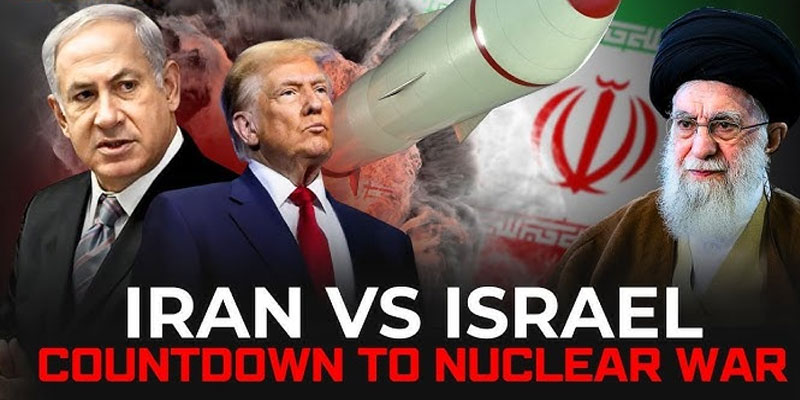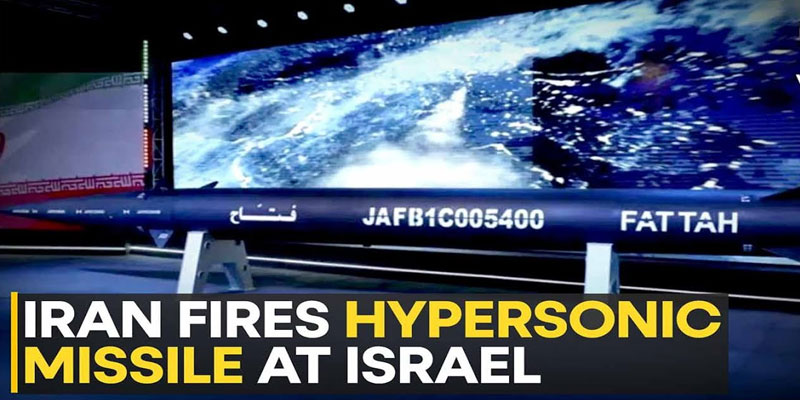A Lifeline with Conditions: IMF Justifies Bailout to Pakistan
The International Monetary Fund (IMF) has officially defended its recent disbursement of a $1 billion tranche to Pakistan under the Extended Fund Facility (EFF), asserting that Islamabad “met all required targets” for the funds. This decision follows mounting criticism, especially from India, which raised alarms over the potential misuse of the funds amid escalating cross-border tensions.
In a press briefing, IMF Director of Communications Julie Kozack reaffirmed that the bailout was based on substantial reform progress and a “sufficient Board consensus” despite India abstaining from the critical May 9 vote.
The Bailout Blueprint: What the IMF Is Offering
The $1 billion disbursement is part of a broader 37-month, $7 billion package under the EFF that was approved in September 2024. The EFF is designed to support countries with medium-term balance of payments challenges, primarily rooted in structural weaknesses.
Following a Staff-Level Agreement reached on March 25, the IMF’s Executive Board completed Pakistan’s program review on May 9. This paved the way for the immediate disbursement, bolstering Pakistan’s central bank reserves rather than its government budget, a distinction the IMF emphasized to allay fears of fund diversion.
India’s Disapproval: Security Risks and Financial Scrutiny
India’s concern stems from more than just fiscal prudence. The Modi government warned that Pakistan’s past misuse of IMF funds for activities such as state-sponsored cross-border terrorism had gone unchecked. Days before the board meeting, Foreign Secretary Vikram Misri urged the IMF to examine these risks more deeply.
In a direct response to these concerns, Defence Minister Rajnath Singh equated the bailout to “funding terrorism,” especially following a military escalation where India launched retaliatory strikes—Operation Sindoor—targeting terror sites in Pakistan.
Safeguards and Conditionality: IMF’s Risk Mitigation Strategy
In light of the geopolitical sensitivity, the IMF detailed three main safeguards:
· Use of Funds: Funds are channelled to Pakistan’s central bank, not the government’s budget, minimizing misuse risks.
· Zero Lending Policy: The program enforces a zero-lending target from the central bank to the government.
· Structural Benchmarks: Eleven new structural benchmarks were introduced, covering fiscal responsibility, energy reforms, trade deregulation, and governance transparency.
The IMF also warned that any deviation from these terms could jeopardize future disbursements under the program.
India-Pakistan Conflict: IMF’s Diplomatic Balancing Act
The IMF treaded cautiously on the ongoing India-Pakistan conflict. Julie Kozack offered sympathies for the human toll from the recent escalation and called for a “peaceful resolution.” While the IMF traditionally steers clear of political disputes, the heightened military engagement—including India’s May 7-8 airstrikes on Pakistani terror hubs—makes neutrality a fragile posture.
The IMF’s internal review, as reported by The Indian Express, flagged “reputational and enterprise risks” tied to the bailout. However, Pakistani authorities reassured the IMF of their commitment to program conditions and reform goals.
Between Reform and Regional Risk
The IMF’s decision to proceed with its Pakistan bailout underscores the delicate balance global financial institutions must maintain—supporting economic stability without enabling geopolitical volatility. While the $1 billion disbursement was rooted in Pakistan’s compliance with agreed reforms, the optics are complicated by India's security concerns and Islamabad’s questionable fiscal history.
Moving forward, the success of this bailout hinges not just on economic indicators, but on Pakistan’s transparency and restraint. For the IMF, the real challenge will be ensuring its financial aid remains a tool for reform, not an unintended enabler of regional instability.
(With agency inputs)






















